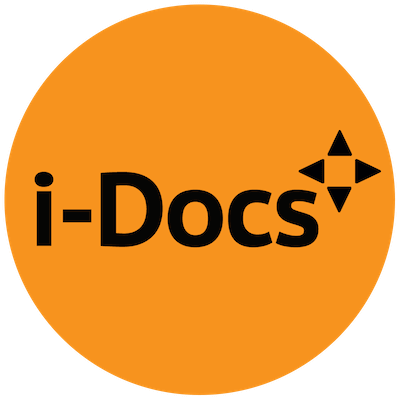Award-winning journalist Juliana Ruhfus has spent a decade working as a reporter and producer for British and international broadcasters, specialising in programme making and investigative work.
I caught up with her ahead of i-Docs 2016, where she will be talking about her interactive journalism projects with Al Jazeera:
Could you describe yourselves and your work?
I am a senior reporter and filmmaker at Al Jazeera English, more specifically the People & Power strand which I joined in 2006. I have since made over 40 films in countries around the globe, mostly of an investigative nature.
Prior to Al Jazeera I have worked for international broadcasters including Channel 4, BBC and NHK, and also for the United Nations as an investigator. I have always been specialised in international affairs, conflicts and investigative reporting.
Why have you chosen to make work in the interactive field? What are the positives and negatives?
On the one hand I am motivated by the desire to reach new and younger audiences and also to get into people’s social media feeds. The days of people simply watching films on a limited number of domestic TV channels are over, if we care about international affairs we have to get viewers interested in them so it’s important to explore new formats and ways of storytelling.
“You need to be really tenacious because there is a lot of failing and trying again involved”
Secondly, I really love the creativity that comes with exploring a new genre. You need to be really tenacious because there is a lot of failing and trying again involved, there are few mentors but that’s also the exciting thing. It’s great to push the boundaries but you need a lot of self belief because so many people don’t understand what you’re trying to do, at least not in the beginning.
On a practical note, how is your work funded and distributed? Is it something you find easy to do?
My work is commissioned by Al Jazeera and on a day to day level I collaborate with production companies. the budgets are very small but just about feasible. Distribution is a difficult issue, increasingly and in tune with the changes outlined to the broadcast industry above distribution falls to the production team and ideally is already thought of during the design period.
It’s hugely important to build communities around projects, I think everyone is struggling with reaching ‘audiences’ or finding ‘users’ for their projects.
Looking to the future, what developments in the world of i-docs excites you? Is there something you hope you experiment with or new technology you want to use?
Having finished the multiple award-winning Pirate Fishing – An interactive Investigation I wanted to leave the somewhat clunky web-doc territory behind. I am now working with Conducttr on turning a film, an investigation into Syria’s cyber war which is fought alongside the Syrian ground war, into a gamified phone app.
“It’s hugely important to build communities around projects, I think everyone is struggling with reaching ‘audiences’ or finding ‘users'”
In it the user must explore the Syrian Cyber war without being hacked him or herself. All the gamified hacking examples that we include are based on real life hacking examples from the war. It was important to me to embark on a project that is cheap, agile and therefore replicable if successful.
Lastly, can you give me a brief summary about what you’ll be speaking about at i-Docs 2016?
I will talk about my desire as a journalist to make investigative content accessible to new and younger audiences. This will include lessons learned from the Pirate Fishing production and outline where we are at with a new interactive project.
The talk will introduce both projects and compare them. The new project also has a very strong user testing component that involves MA students from two universities which is unusual and was introduced as one of the lesson learned from Pirate Fishing.
Juliana will be at i-Docs 2016…Don’t miss her there.

